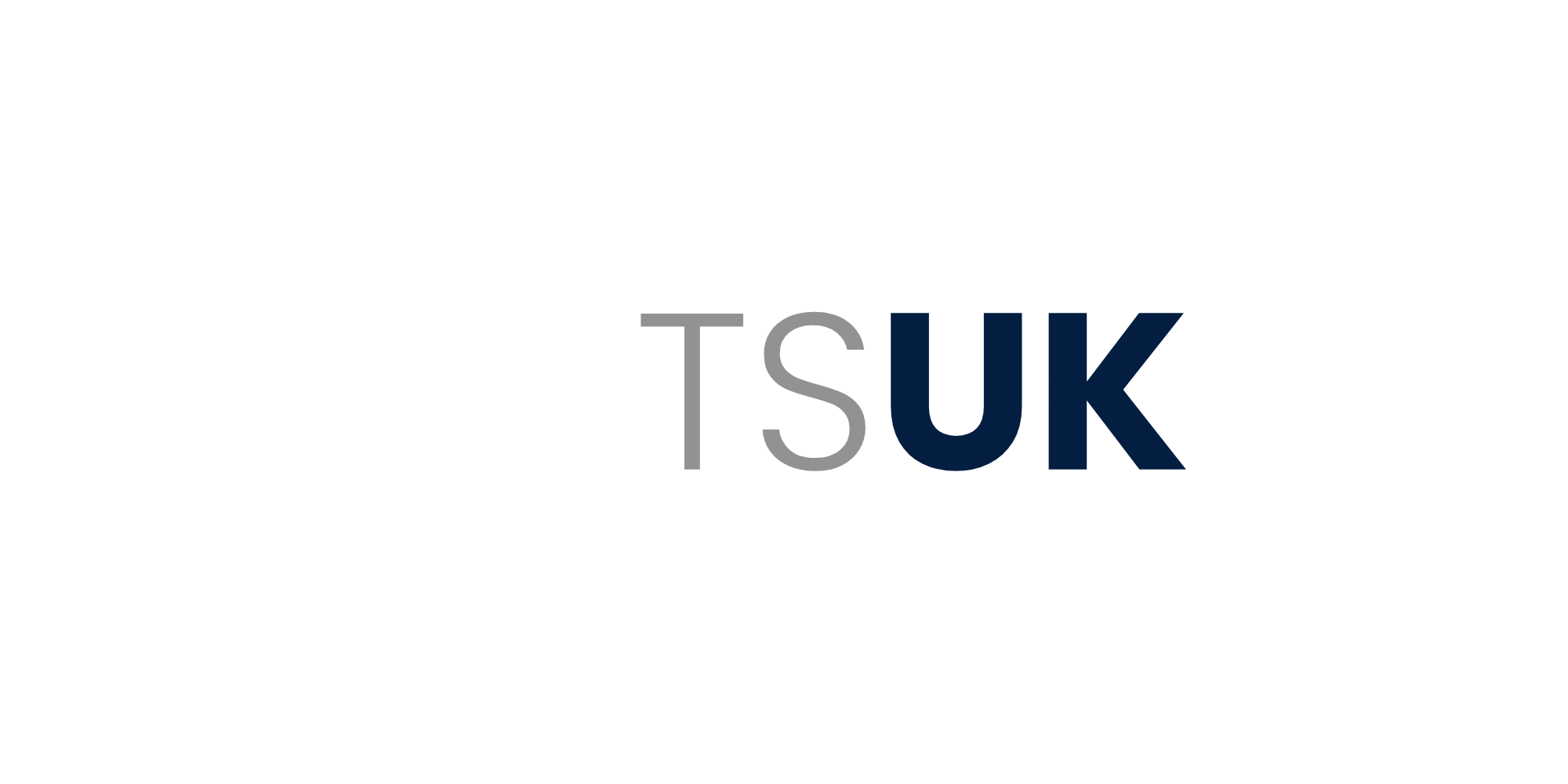Mastering RFID Technology: A Comprehensive Guide
RFID, or Radio Frequency Identification, is a technology that uses radio waves to identify and track objects or people. It consists of two main components: RFID tags and RFID readers.
RFID Tags
RFID tags are small electronic devices that contain a microchip and an antenna. They are attached to objects or embedded within them. When a reader comes within range of the tag, it sends out radio waves that activate the tag's microchip, causing it to transmit its unique identification number.
RFID Readers
RFID readers are devices that emit radio waves and receive the signals from RFID tags. They can be handheld, stationary, or integrated into larger systems.
Types of RFID Tags
- Passive tags: These tags do not have their own power source and rely on the reader's energy to operate.
- Active tags: These tags have their own power source and can transmit data over longer distances.
RFID Applications
RFID technology has a wide range of applications across various industries, including:
- Supply chain management: Tracking products from manufacturing to delivery
- Retail: Inventory management and loss prevention
- Healthcare: Patient identification and medication tracking
- Access control: Controlling access to buildings, facilities, and restricted areas
- Animal identification: Tracking livestock and pets
- Event ticketing: Verifying ticket authenticity and managing attendance
Benefits of RFID
- Efficiency: RFID can automate processes and improve efficiency.
- Accuracy: RFID technology can provide accurate and reliable data.
- Security: RFID can be used to enhance security and prevent unauthorised access.
- Cost-effectiveness: RFID can help reduce costs by streamlining operations.
Conclusion
RFID technology has become an essential tool in many industries, offering numerous benefits. By understanding the basics of RFID, you can explore its potential applications and leverage its advantages to improve your operations.


The comprehensive coverage of RFID technology, from basic concepts to advanced applications, is both educational and engaging. Your clear explanations and practical tips make it easy to understand and apply RFID technology effectively. Thank you for providing such a detailed and useful resource!